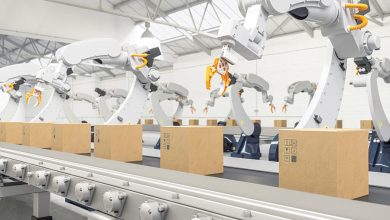Leasing vs PCP

Decided it’s time for a new car? Whether your old vehicle has let you down or you’re simply looking for an upgrade, there are plenty of ways to get your hands on a better ride. However, with the cost of fuel and car ownership rocketing in the UK, many drivers are seeking out more affordable alternatives to buying a new vehicle. Luckily, it’s now easier than ever before to find the most competitive leasing options on the market, including special car lease deals that could save you a considerable amount of cash down the road, if you do your research. Another increasingly popular option amongst UK drivers looking for a new motor are Personal Contract Purchases (PCPs), which can also eliminate costs in the long run.
Key differences
Car leasing and PCPs have seen a marked increase amongst drivers in the UK, but which is the best option for you? Although both provide a considerably cheaper alternative to rental or full ownership, there are some important factors to take into account. Let’s run through leasing and PCPs, including some of their key respective features and potential financial benefits for UK drivers:
Leasing Pros & Cons –
With the price of hire cars rocketing in the UK and Ireland, leasing has become a more viable alternative for many drivers, regardless of their budget. Leasing a vehicle is distinct from renting in that the driver will have access to the car for a longer time period (usually 6 – 12 months) for a comparatively low price. In this sense, leasing offers more stability than renting, but how does it compare to using a PCP scheme? The main drawback of leasing a car is the fact that many lease agreements are relatively inflexible, ‘locking in’ drivers for a long period of time – this can be a hassle if you feel like changing your vehicle without paying fees. On the plus side, leasing a car is undoubtedly one of the cheapest ways to get a vehicle on the road – also, you may be able to renew your agreement for the same rate when your contract comes to an end. Another key benefit of leasing a car is that, unlike PCPs, collateral is not required and long-term installment plans can significantly reduce the number of payments.
PCP Pros & Cons –
New car sales in the UK have been on the increase since as far back as 2012, as have private contract purchases. PCP car financing is based on monthly payments, in which drivers gradually pay off the value of their car – it’s a great choice for those who don’t want to pay the full value of their new vehicle all at once. Although there are some deals available with no deposit, a deposit of 10% of the car’s value is usually required, which could be a downside for some – unlike leasing, interest is also imposed on repayments. Despite this, it’s possible to keep your car on the road for less than £300 per month using a PCP scheme – it’s also worth noting that most PCP-financed vehicles are mid-range, whereas it’s possible to lease more high-end luxury cars, depending on your deal. PCPs also tend to be more flexible than leases as drivers can adjust their monthly payments or essentially end the contract early by paying the full value.





